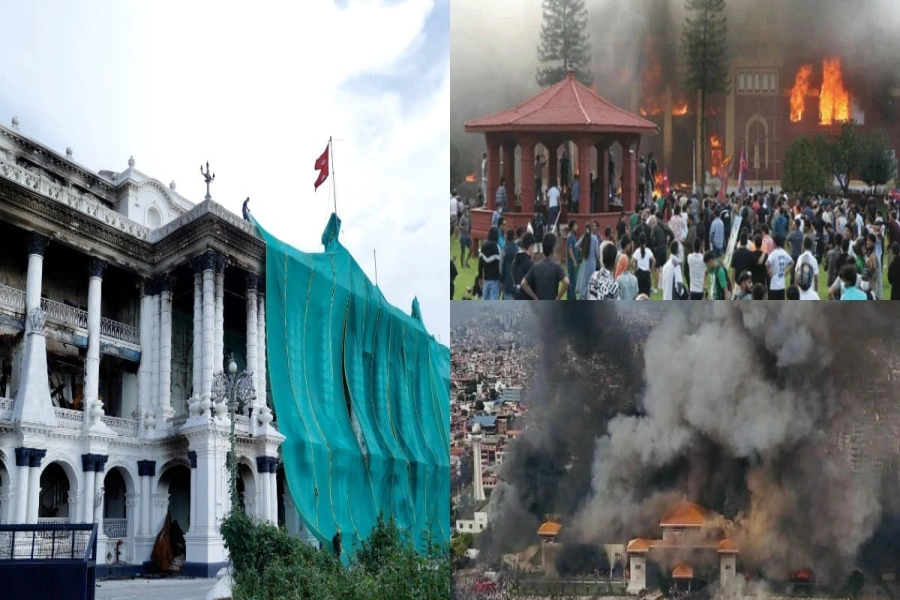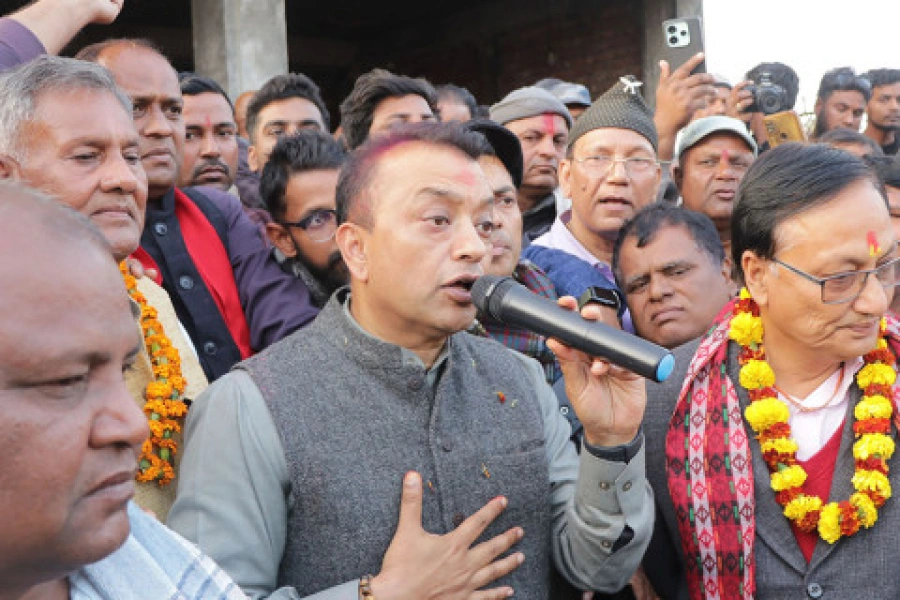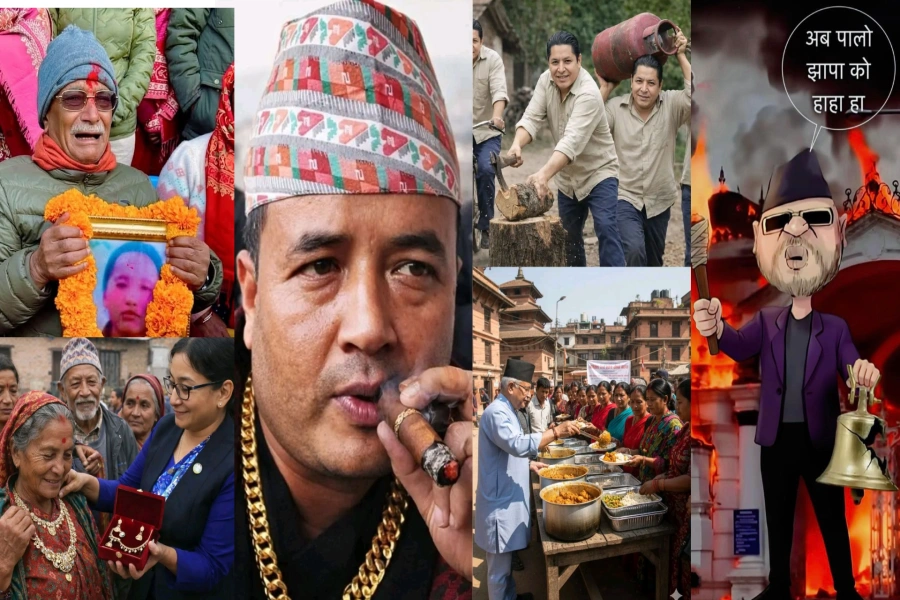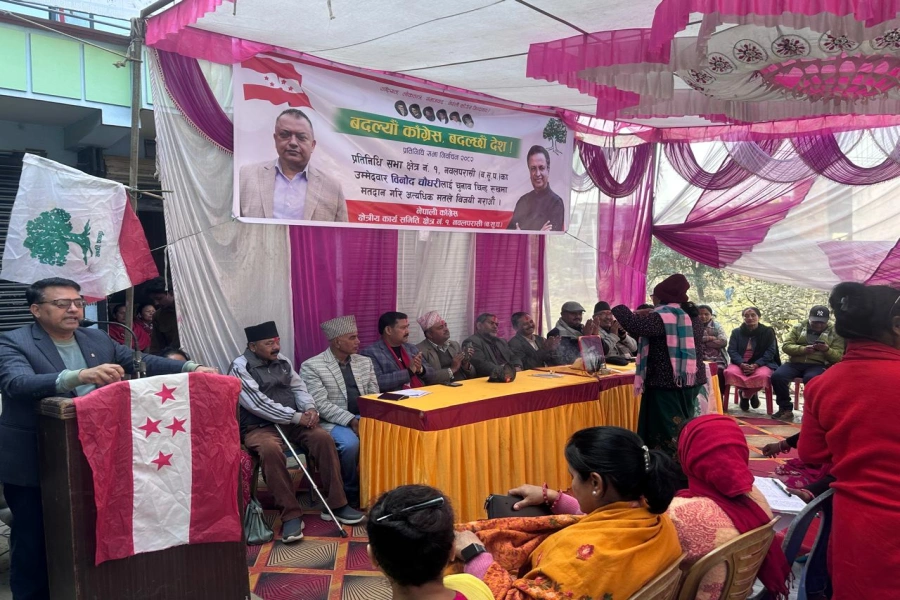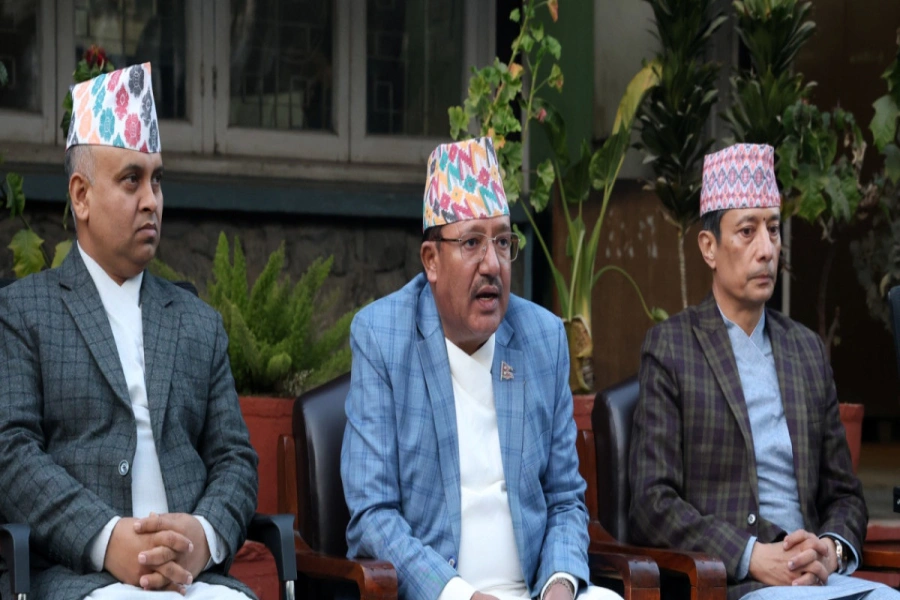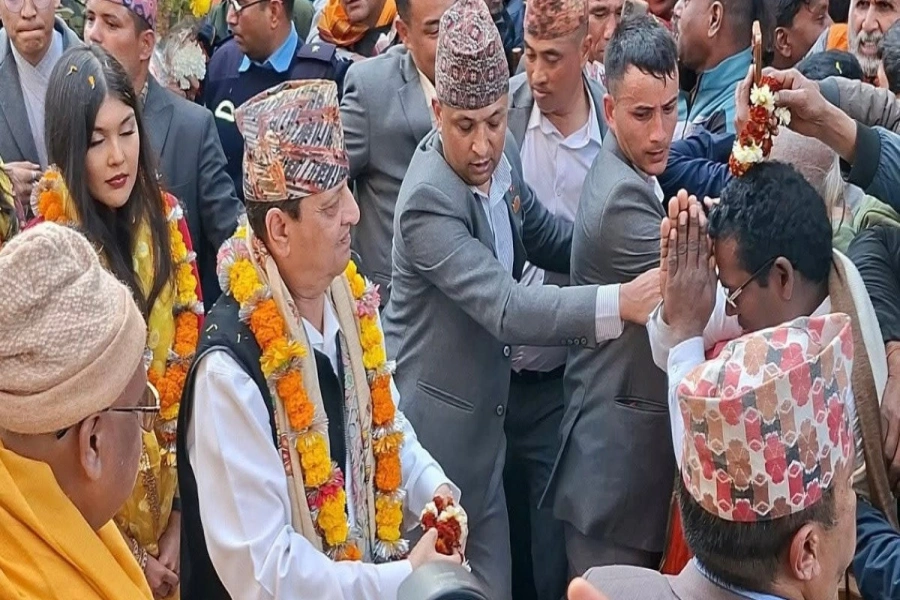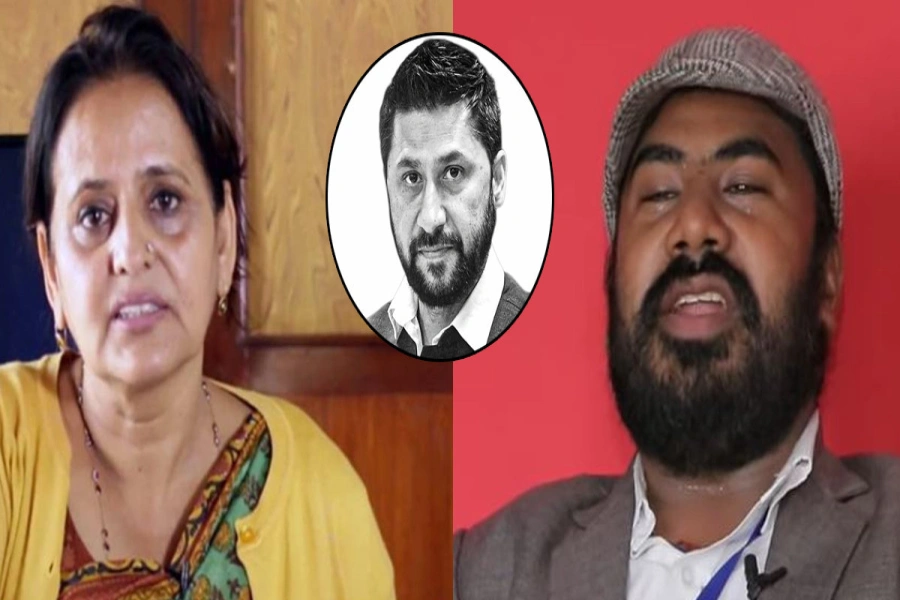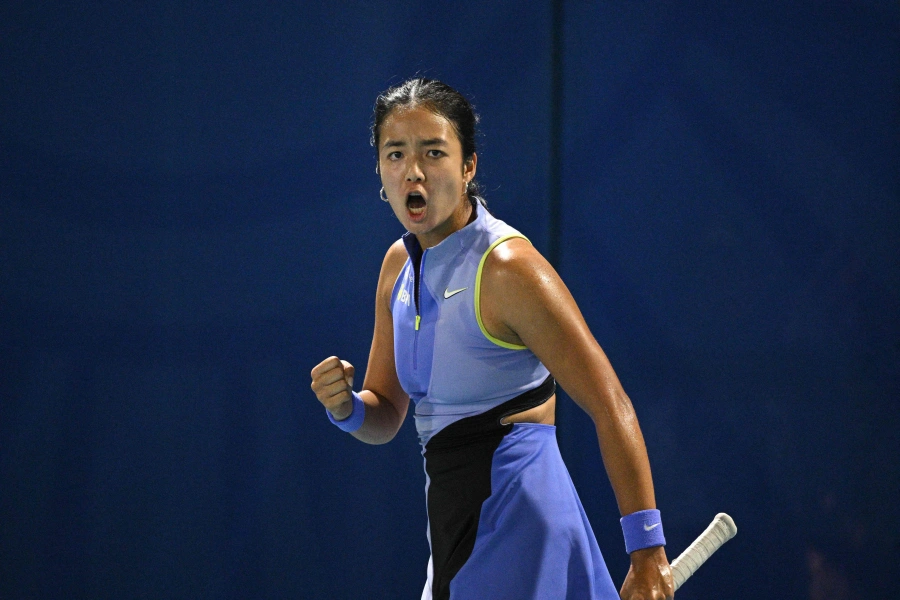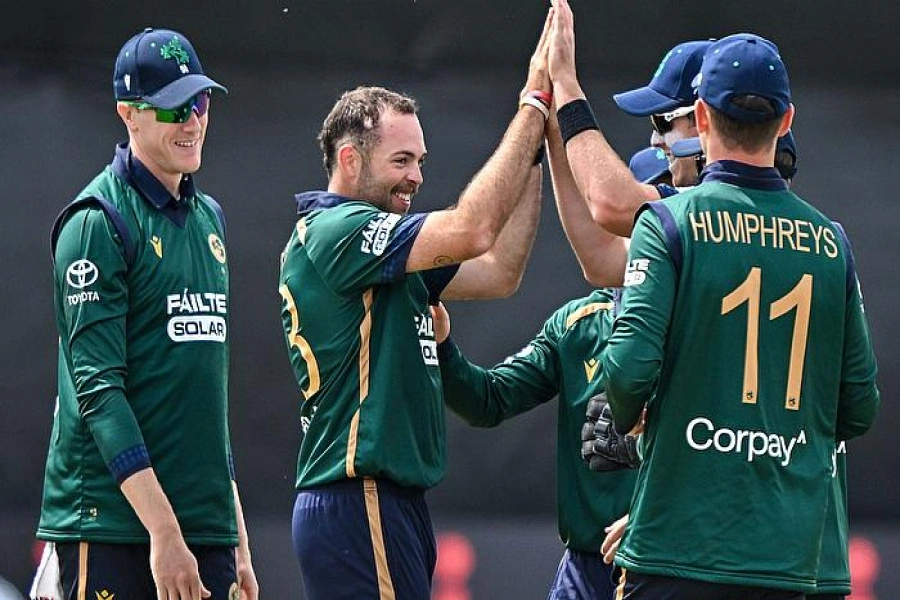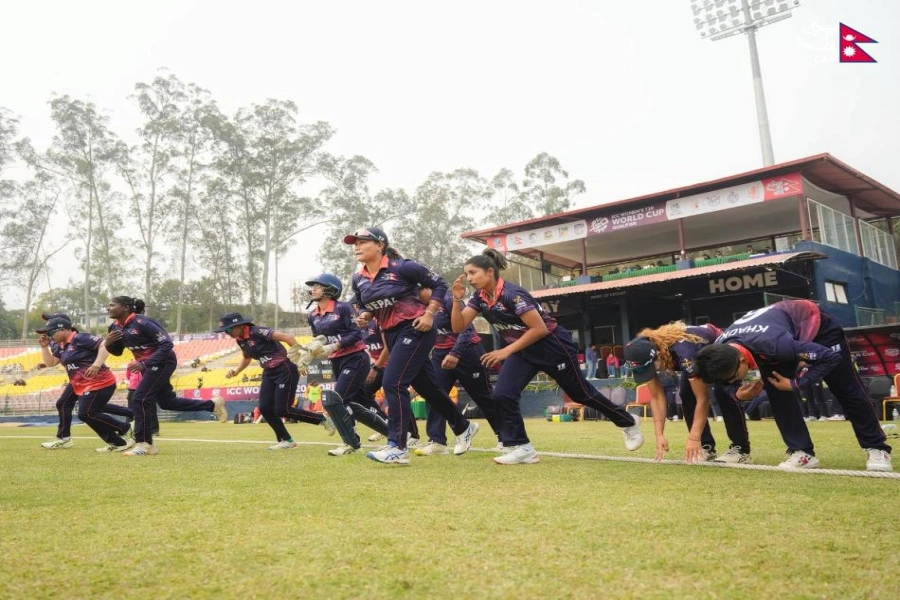At a time when widespread disillusionment has clouded the public sentiment in our country, President Ramchandra Paudel's call to all stakeholders to alter the tired narrative that "nothing is happening" in the country holds deeper meaning and importance. Urging the media and concerned ones to report big and small achievements alongside accountability of authority, the Head of State maintained that priority should be to regain public trust and energize a nation weary of political and economic instability. The President was addressing the 16th Nagarik Nayak Awards ceremony – Nepal Republic Media's annual flagship event to honor individuals making outstanding contributions to society – on Saturday. This year's Nagarik Nayak awards honored conservationist and pro-forest activist Nanda Devi Kunwar, educationist Ghanshyam Pathak, the cricket prodigy, the 19-year old all-rounder Puja Mahato. The President appreciated their endeavors, ranging from nature conservation to promotion of education and women’s cricket in Nepal. There are plenty of such stories and they must be told. The President said while media outlets are required to perform as the watchdog of society, they also need to be reminded that the press and other outlets should also report success stories, and not just the failures. Speaking of how unverified reports come to us through the web media, he cautioned that it is misinformation that belittles good journalism and democracy. This surely is a timely reminder. Nepal's politics today is marred by instability, general disenchantment, economic slump, and coalition governments that do not last long enough. The writing on the wall is that the politicians are only too focused on gaining control of power by hook or by crook. Delivery of goods and services, or improvement of governance looks – in the public's eyes – has never been the government's priority. Economic woes have gripped the common folks. There are rather too few job opportunities and the market price is constantly on the rise. Investment opportunities are few and far in between.
President Paudel's call for the media to cover constructive works and positive achievements is a call for maintaining balance. Responsible reporting or journalism is not overlooking problems but covering the more complete story, such as how in the midst of problems, new initiatives are being launched, citizens are mobilizing, and change-makers are making progress. Paudel also mentioned the late former Prime Minister BP Koirala's encouraged media to criticize his government’s bad aspects as an act of promoting democracy. He offered this example to drive his point home: free and independent journalism had a defining role to play in Nepal's democratic movement, with journalists sacrificing individual freedom and security in pursuit of truth. But he also implied that freedom of the press is not without responsibility. Resisting sensationalism and negative reporting and focusing on the larger picture of making society resilient are such responsibilities of our media. The contemporary media, however, is awash in online news and citizen journalism, which has opened up opportunities for getting information within seconds and has also increased the danger of spreading both misinformation and disinformation. Therefore, professionalism becomes more necessary than ever as responsible reporting aims at resisting the impulse to bring down a beleaguered nation like Nepal into a narrative of endless hopelessness.
NC will support government's good deeds, says party president D...

While politics and the economy of the nation are quite uninspiring, the temptation to paint a gloomy picture of failures is high. As the current situation in Nepal is more complex than before, emphasizing resilience, creativity, and success along with failures will be the right way that will without doubt render our nation stronger, which seems to be the crux of the President’s address.



